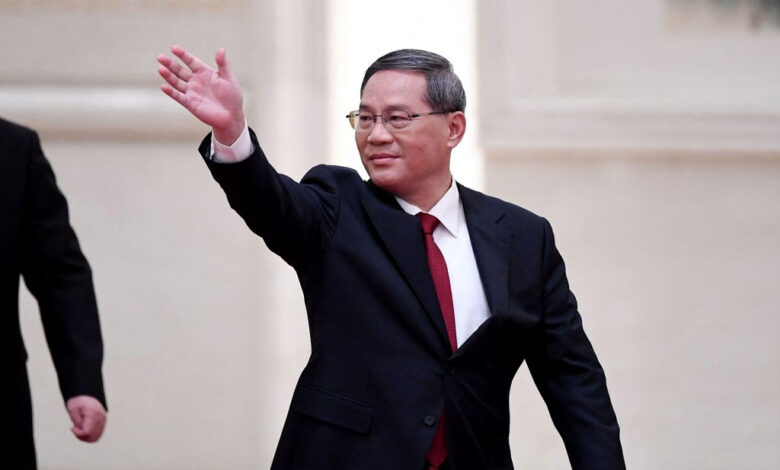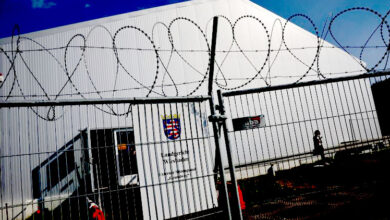China’s newly appointed prime minister aims to allay the concerns of private sector as the parliamentary session concludes.

New Chinese Premier Li Qiang promised to improve the environment for entrepreneurial businesses and provide equal treatment to all types of companies in a media conference on Monday. Li, the former Communist Party chief of Shanghai, was appointed as premier during the annual session of China’s parliament and has been tasked with reviving the world’s second-largest economy after three years of COVID curbs. He urged officials to “make friends” with entrepreneurs and take measures to boost jobs. Li also talked up his track record with the private sector, aiming to reassure them after a sweeping regulatory clampdown in recent years. He pledged to create a level playing field for all kinds of market entities and to support private entrepreneurs to grow and thrive.
At the opening of the annual parliamentary session, China set a GDP growth target of around 5%, its lowest goal in nearly three decades. Li acknowledged that achieving the target would not be easy due to challenges such as weak consumer confidence and private industry, sluggish demand for exports, and worsening relations with the United States. Li replaces Li Keqiang, who retired after serving two five-year terms during which he was increasingly sidelined as President Xi Jinping tightened his grip on the economy. Investors hope Li’s close ties with Xi will lead to more business-friendly policies.
Earlier on Monday, Xi called for China to modernize its military to make it a “Great Wall of Steel” and step up its ability to safeguard national security and manage public security. Xi also reiterated his signature policy of reducing the wealth gap through “common prosperity” by distributing the fruits of development more equitably. He emphasized the need for China to achieve greater self-reliance and strength in science and technology, as the US blocks China’s access to cutting-edge technologies. On Taiwan, Xi said China must oppose pro-independence and secessionist activities and the interference of external forces.





